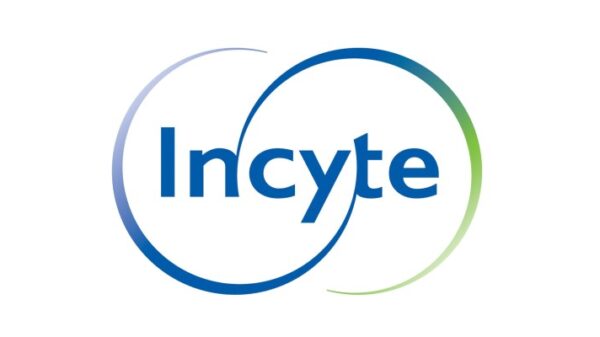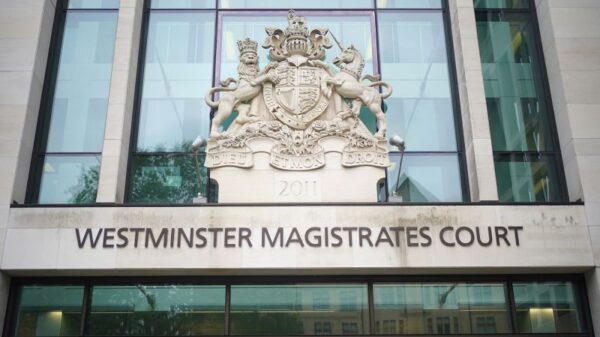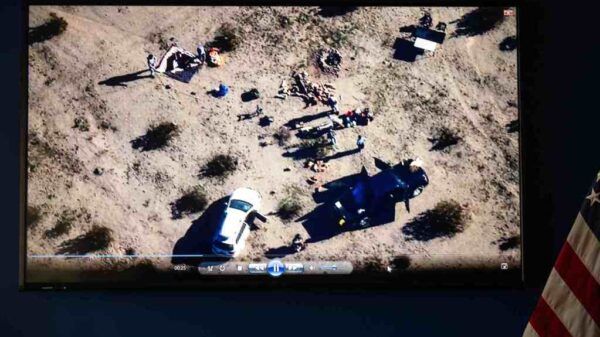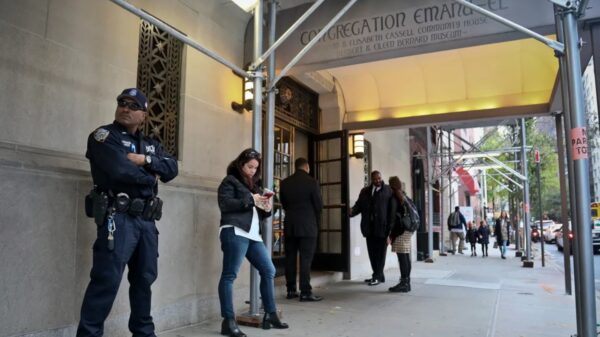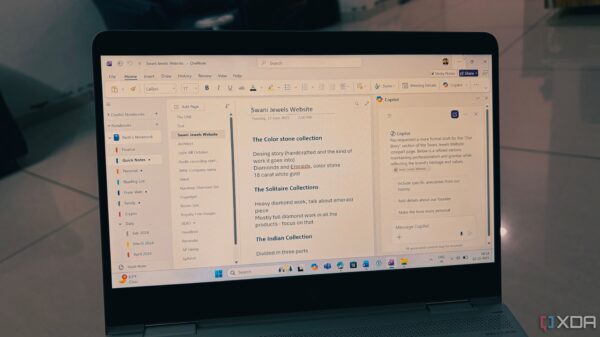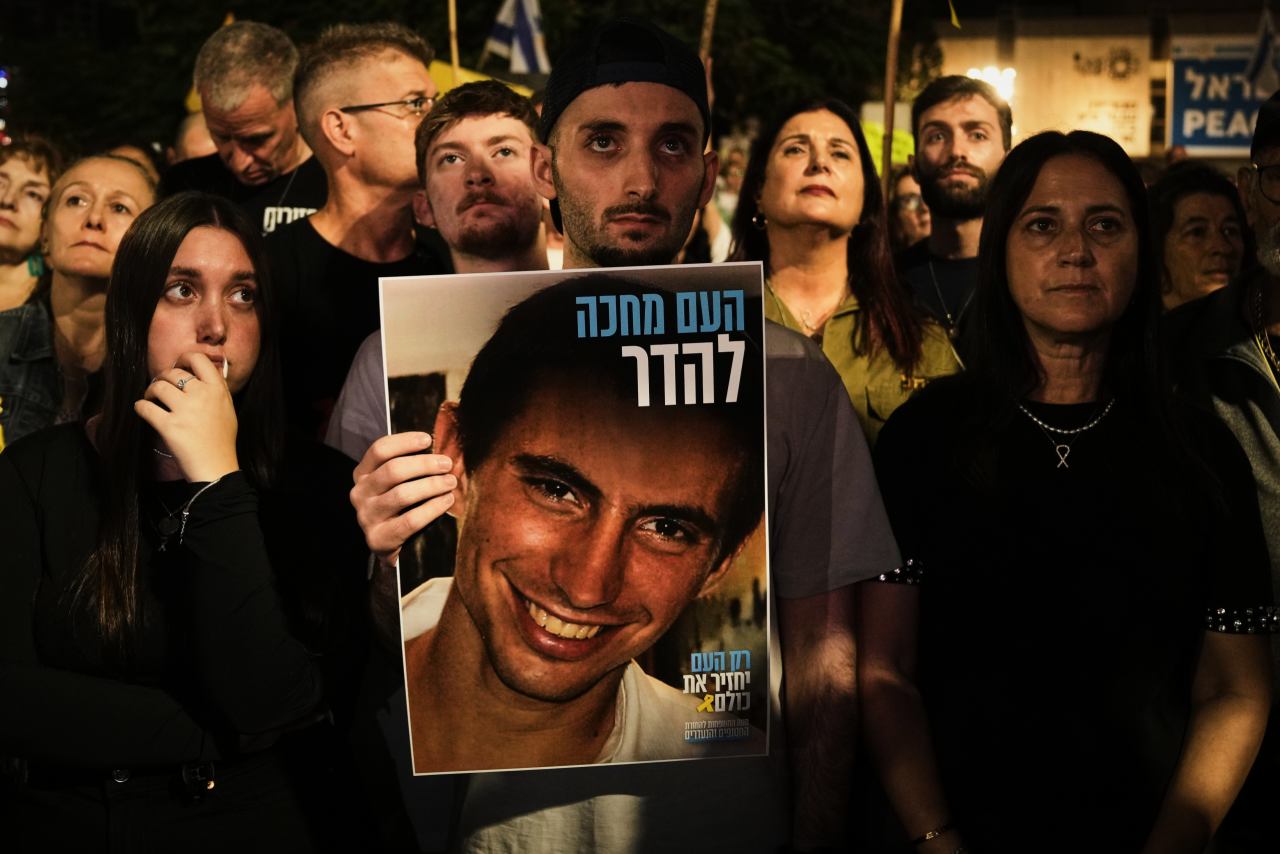The militant group Hamas has returned the remains of an Israeli officer who was killed during the 2014 conflict in Gaza. This transfer is part of a broader cease-fire agreement currently in effect, marking a significant moment in ongoing tensions between the two sides. The officer’s remains, which had been held for more than a decade, were handed over on November 15, 2023, during a period of relative calm.
The officer, identified as Hadar Goldin, was killed during the 2014 Gaza War. His death and subsequent capture of his remains became a point of contention in negotiations between Israel and Hamas. Over the years, the Israeli government has consistently sought to secure the return of Goldin’s remains, viewing it as a matter of national honor and a critical step in resolving the lingering impacts of the conflict.
Israeli Prime Minister Benjamin Netanyahu acknowledged the transfer and emphasized its importance to the families affected by the conflict. In a statement, he expressed hope that the return of Goldin’s remains could pave the way for further dialogue. “This act is an essential step in our commitment to bring home our soldiers,” Netanyahu said, highlighting the emotional weight of the gesture for the families of those lost in conflict.
The return of Goldin’s remains comes amid ongoing discussions surrounding a cease-fire that has temporarily halted fighting between Israel and Hamas. The current cease-fire, which began on November 5, 2023, has allowed for humanitarian aid to flow into Gaza and has facilitated the transfer of several hostages held by Hamas in exchange for the release of Palestinian prisoners by Israel.
As the situation evolves, the international community remains watchful. United Nations representatives have called for sustained peace efforts and a long-term resolution to the Israeli-Palestinian conflict. The return of remains and the hostages highlights the human cost of the ongoing hostilities and underscores the need for dialogue.
The implications of this transfer extend beyond the immediate humanitarian gesture. It poses questions about the future of negotiations between Israel and Hamas and the potential for a lasting peace. The events surrounding Goldin’s remains may serve as a catalyst for further discussions, with both sides seeking to address the deep-rooted issues that continue to fuel tensions in the region.
In the coming weeks, the focus will likely shift to how both parties respond to this development. The hope remains that this act of returning remains can foster a more substantial dialogue and lead to a reduction in violence, benefiting both Israelis and Palestinians who have suffered from years of conflict.









